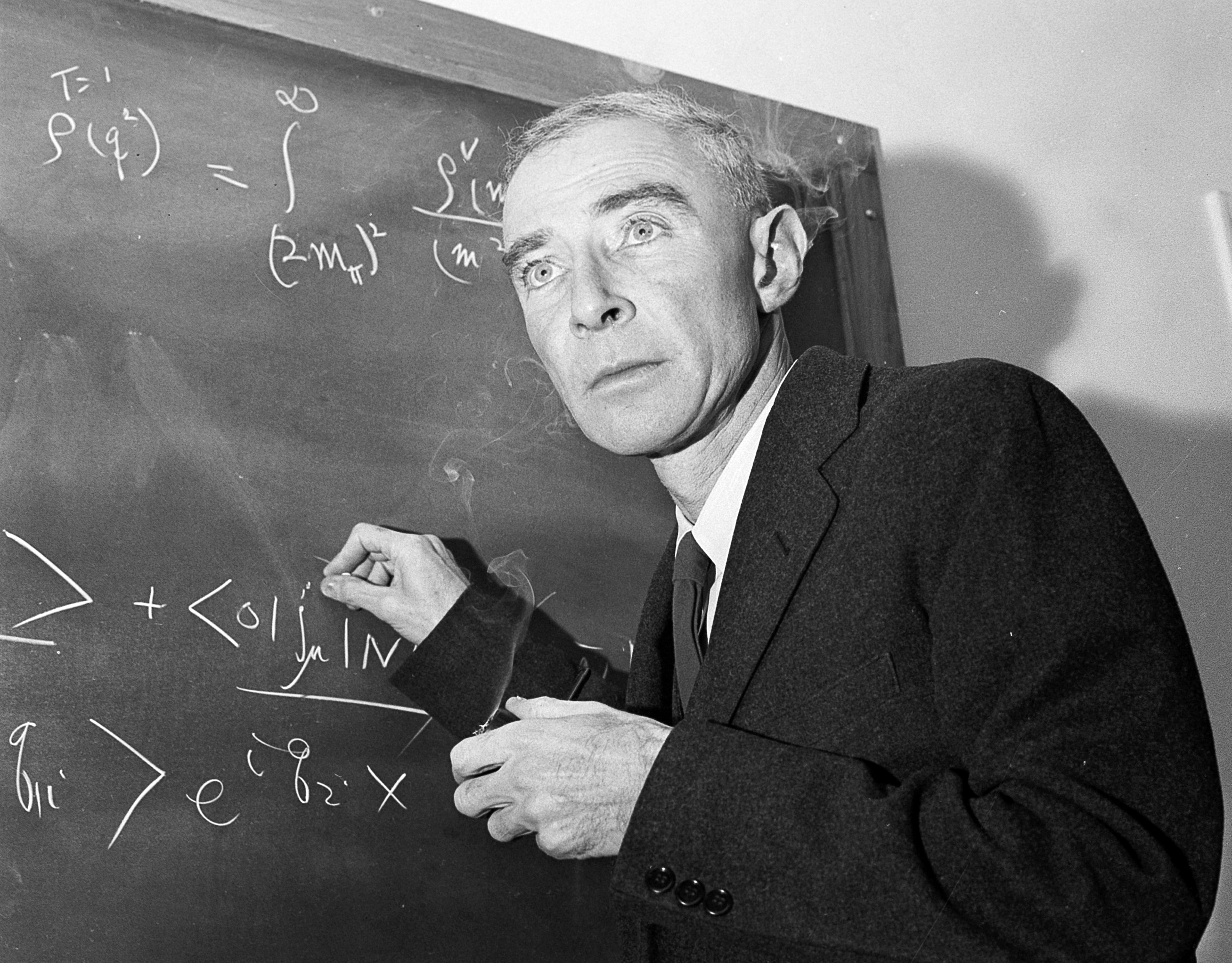In the annals of history, there are few individuals whose actions have shaped the course of humanity like Dr. J. Robert Oppenheimer. Often referred to as the "Father of the Atom Bomb," Oppenheimer's pivotal role in the Manhattan Project and the development of nuclear weapons forever changed the world's geopolitical landscape. This blog explores the life, accomplishments, and controversies surrounding this brilliant physicist.
Early Life and Academic Excellence
Born on April 22, 1904, in New York City, J. Robert Oppenheimer displayed exceptional intellectual prowess from a young age. Raised in an intellectually stimulating environment, he excelled in academics and graduated summa cum laude from Harvard University. He further pursued his Ph.D. in theoretical physics from the University of Göttingen, Germany, studying under esteemed physicists like Max Born and Niels Bohr.
The Manhattan Project and the Atom Bomb
As World War II raged on, there were concerns that Nazi Germany might develop nuclear weapons. In response, the United States launched the top-secret Manhattan Project in 1942, aiming to build an atomic bomb. Oppenheimer, known for his brilliance in theoretical physics, was chosen to lead the scientific efforts.
The project was not without challenges. Designing and harnessing the power of plutonium-239, code-named "Fat Man," posed numerous difficulties. If not handled with utmost precision, the critical mass could lead to an uncontrollable chain reaction, turning catastrophic. Nevertheless, Oppenheimer and his team persevered.
The Trinity Test: The Birth of the Atomic Age
On July 16, 1945, the world witnessed a momentous event in the New Mexican desert: the Trinity Test. The successful detonation of the first atomic bomb marked the dawn of the Atomic Age, with Oppenheimer famously quoting lines from the Bhagavad Gita: "Now I am become Death, the destroyer of worlds."
Controversies and Aftermath
Despite the triumph of the Manhattan Project, the use of atomic bombs on the Japanese cities of Hiroshima and Nagasaki in August 1945 remains a highly contentious decision. The bombings led to unprecedented loss of life and raised ethical questions about the use of such devastating weapons.
Post-war, Oppenheimer faced scrutiny during the Red Scare era, as his political affiliations and alleged communist sympathies drew attention from the government. In 1954, he was stripped of his security clearance, an event that deeply affected him personally and professionally.
Legacy and Final Years
In the latter part of his life, Oppenheimer continued to contribute to academia, working on theoretical physics and promoting arms control. He taught at various universities and served as an advisor to the U.S. government on scientific matters. Despite the challenges he faced, Oppenheimer's brilliance and impact on science cannot be denied.
Conclusion
Dr. J. Robert Oppenheimer, the Father of the Atom Bomb, was a complex figure whose work shaped the world we live in today. His contributions to nuclear physics and the development of atomic weapons had far-reaching consequences, both positive and negative. While he left behind an unparalleled scientific legacy, his life also serves as a reminder of the ethical dilemmas surrounding the use of such destructive power. The legacy of this enigmatic scientist continues to be a subject of historical and philosophical reflection, a testament to the complexities of human achievement and responsibility.






Comments
Post a Comment
please comment and give us feadback